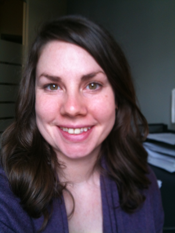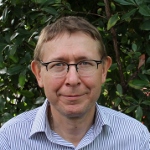- How did you learn about the program and what motivated you to enroll in the PHDA course(s) you chose?
-
My MSc supervisor recommended them based on the learning goals I had for my Master’s degree. UBC doesn’t offer anything like it, so we needed to look for partner institutions.
- Tell us about your course experience. What skills did you develop and which courses provided the greatest benefit to you?
-
I completed the PHDA 03 Population Health and GIS and PHDA 04 Spatial Epidemiology and Outbreak Detection courses. By taking these courses, I developed an understanding of how to overlay multiple sources of data onto a geographic region (from city, to country, to continent). I developed an understanding of questions to consider in how I represent this information to the audience, so that bias in how it is represented is minimized. I developed an understanding of not only how descriptive statistics can be geographically interpreted, but also how inferential statistics can be geographically interpreted. It taught me how to begin thinking spatially in-terms of patterns of health outcomes – neighbourhood make up, neighbourhood location, infrastructure, environmental concerns, etc.
- How do you plan to apply your new skills in your work/research?
-
As part of my thesis.
- What do you think were the strengths of this program? Please provide examples.
-
The labs and the access to the SRTL were the biggest strengths of these courses. The SRTL had all the software, and all the data, and was really easy to access, and was well maintained and organized. The SRTL and labs made the hands-on learning REALLY effective and stress free. The labs were applied, and had very tangible learning outcomes associated with them. They were practical in purpose, and effective in implementation via the SRTL. The labs were very smooth and impactful.
- Would you recommend PHDA courses to others? If so, what recommendations/suggestions would you give those interested in completing these courses?
-
Yes. I would say that future students should explore the labs as much as possible. To really forefront the learning that you get out of that. The lecture material and prep material is abstract, but if you can focus most of your time on the labs, you can experiment and learn a lot.

